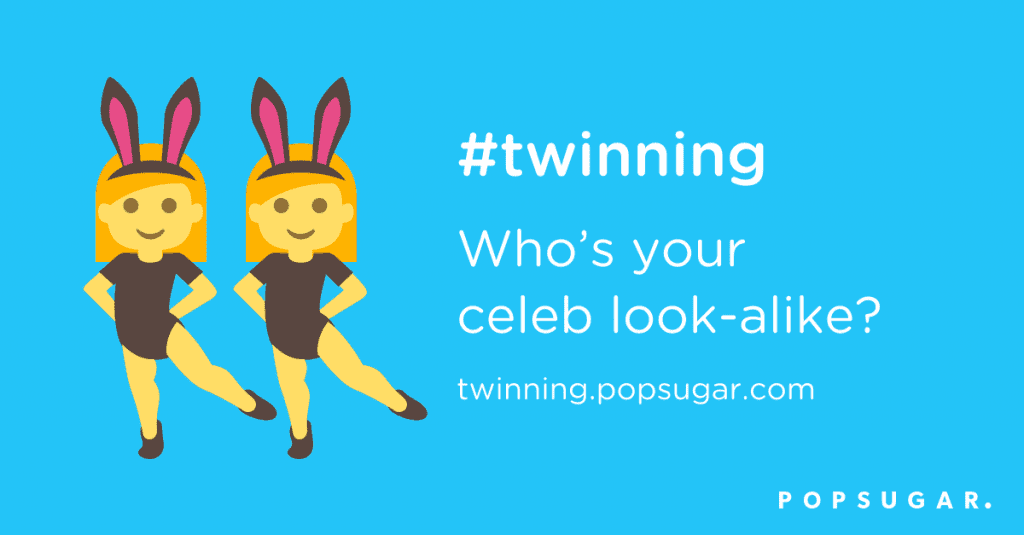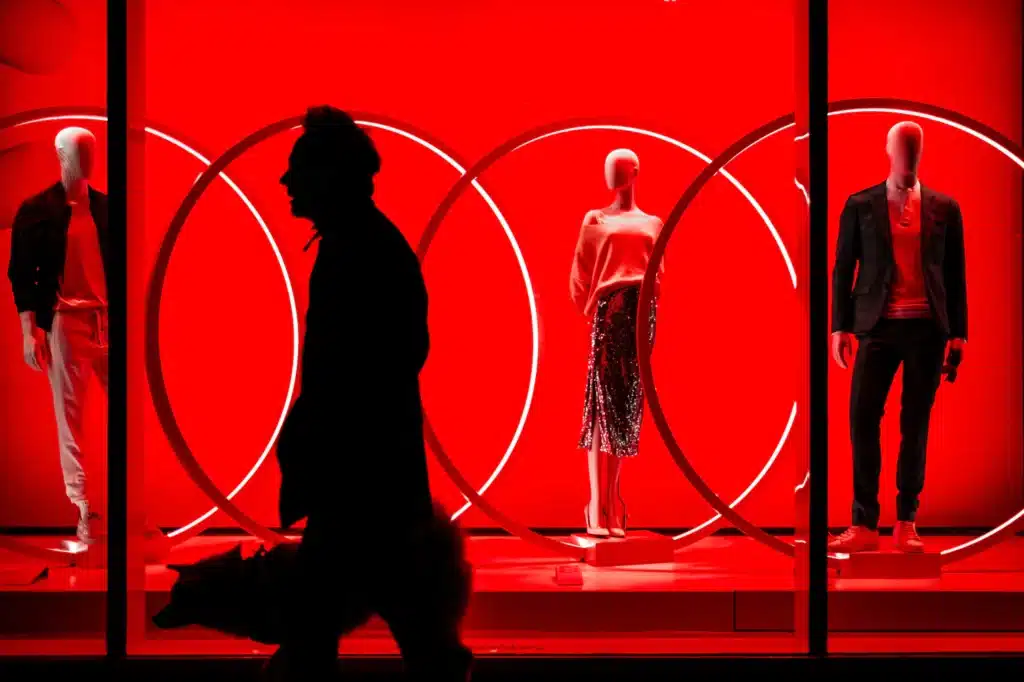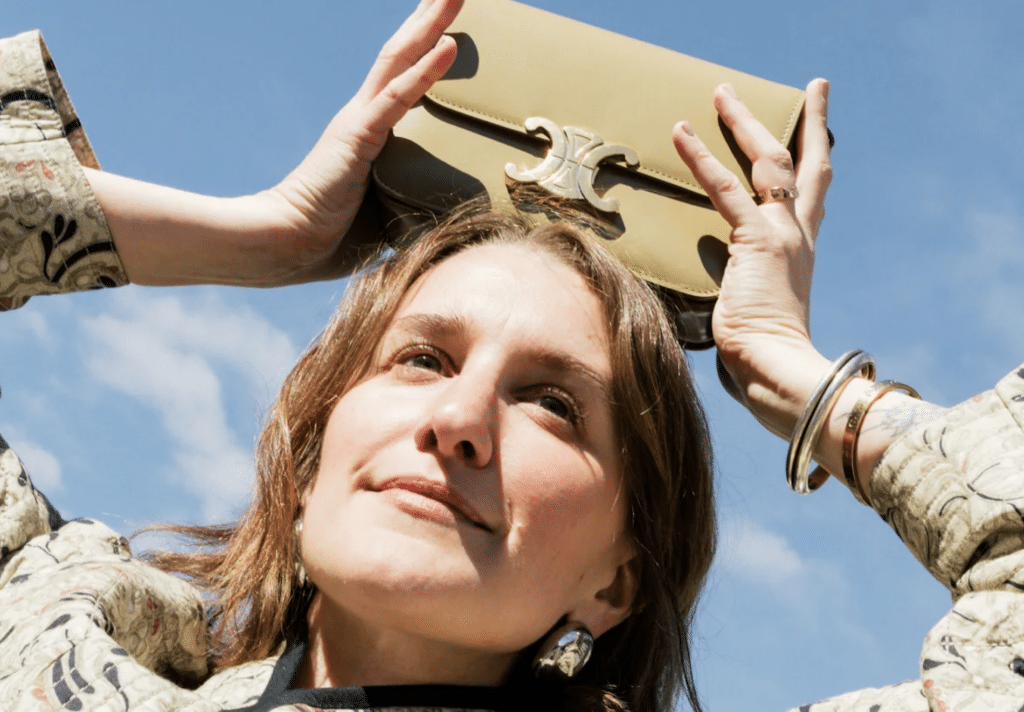#Twinning had something of a resurgence in popularity over the weekend. The celebrity lookalike tool that PopSugar first released early this year enables you to see what celebrities (out of a database of over 3 million) you look most like. All you have to do is upload a selfie, wait “about a minute or so,” and PopSugar’s algorithm ranks the celebs with which you share the greatest resemblance.
The catch? By using the #Twinning tool (and in exchange for a list of celebrity lookalikes), you grant PopSugar a “non-exclusive, worldwide, royalty free, perpetual, irrevocable, sublicenseable, transferable right to fully exploit” the images you submit. In other words, while you still maintain the copyright in the images, the pop culture site – and/or any company it assigns (i.e., sells) such rights to – can now use your photos … “without limitation … in connection with [its] business.”
This means the site’s owners/operators may “modify” the photos you submitted. They may share them “in any media formats and through any media channels.” They can use them image to create new content unrelated to #twinning. They are – based on the language in the terms – likely even entitled to sell your images.
You see, at the very bottom of the page on which PopSugar’s #twinning tool enables you to either take or upload a photo of yourself is a little link that says “Terms of Service.” Included in PopSugar’s terms is a section entitled, “User Submissions,” which applies when you submit, say, a selfie, to PopSugar. According to these terms, “By posting [or providing] information, images, video, blogs, or other content … to PopSugar,” you are granting PopSugar” a license to do any of the aforementioned things, among others.
In reality, such license grants are not uncommon. In fact, all social media platforms maintain similar terms. As for whether PopSugar – which made headlines this summer for allegedly stealing millions of influencer images as part of a “massive infringement scheme” – will actually attempt to monetize the images many of us so willingly handed over, that is up for debate. However, the multiple multi-hundred million lawsuits that accuse PopSugar of attempting to “capitalize on influencers’ social media followings by copying and posting thousands of [their] Instagram images, [as well as their Instagram profile photos and bio line information] on its own website without authorization,” could be telling.











